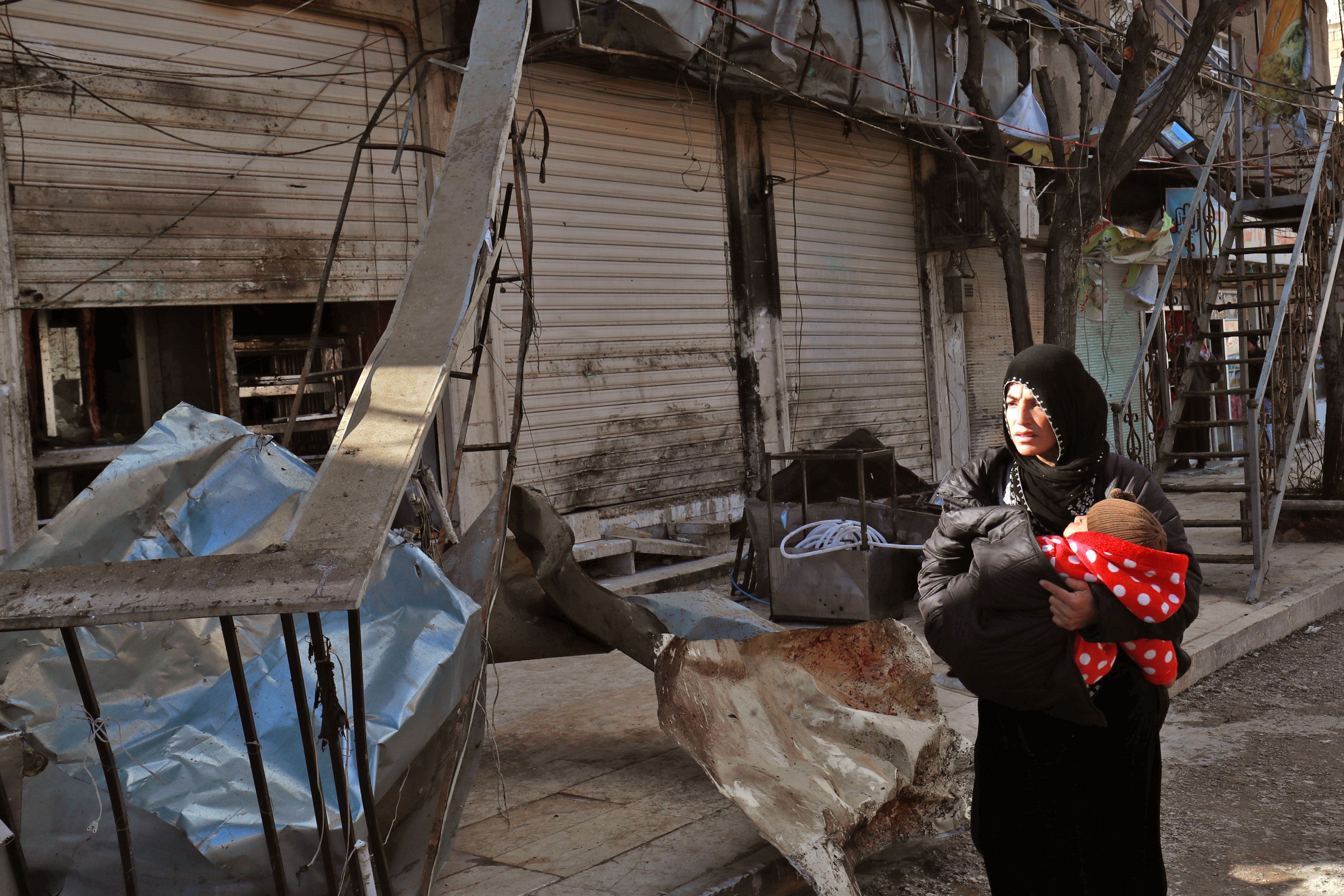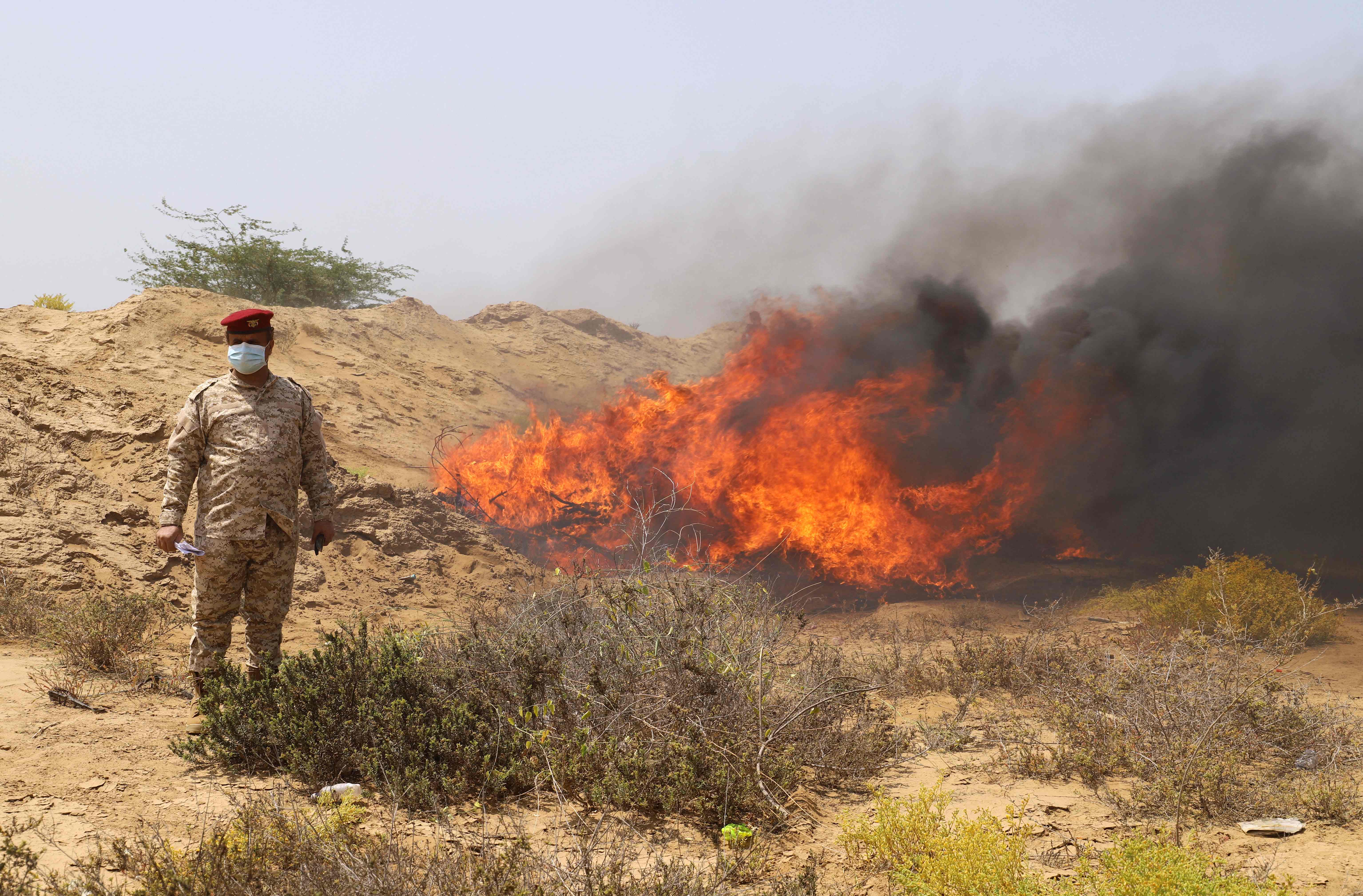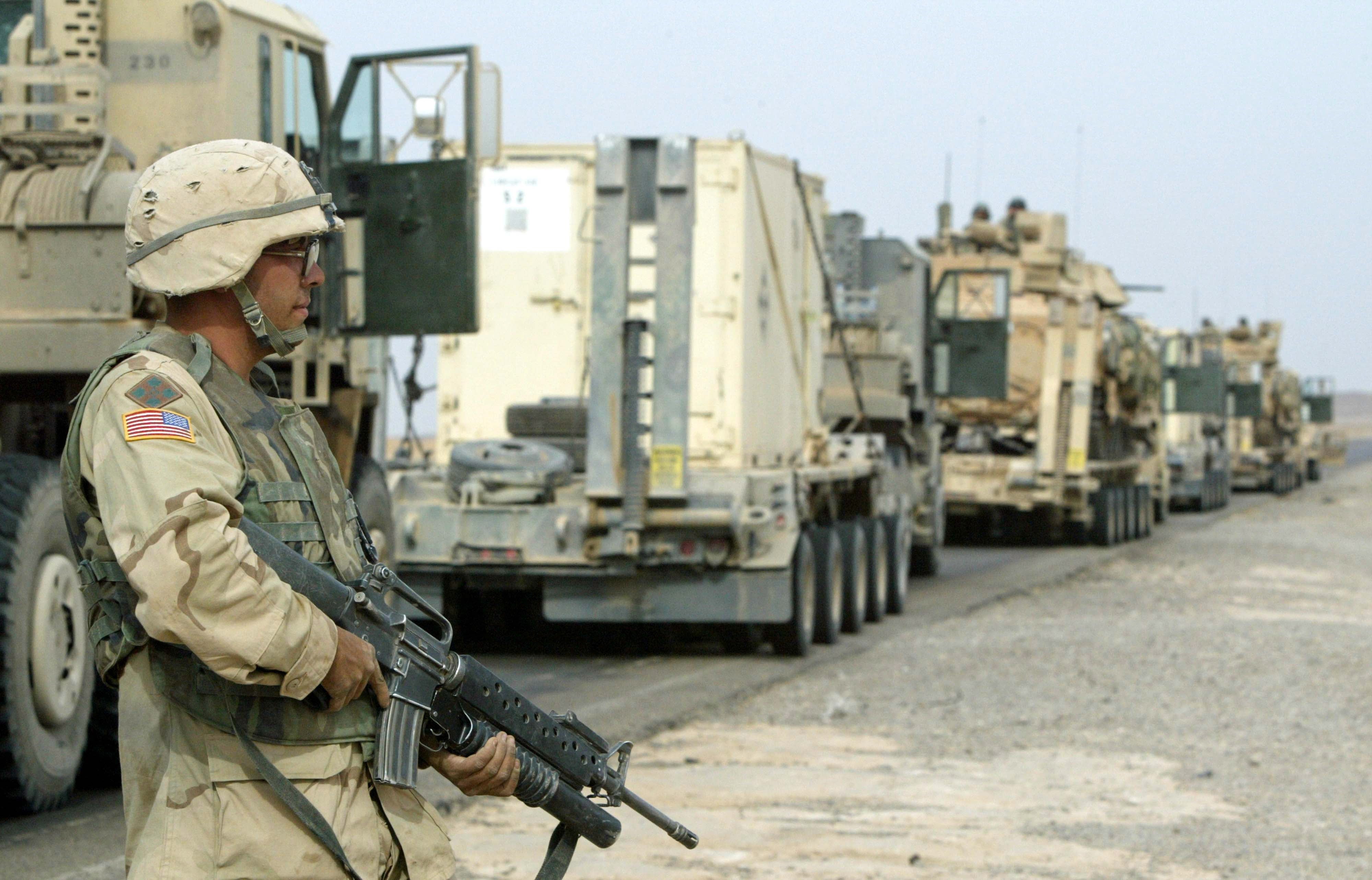Europe opens arms to millions of Ukraine refugees but how many people did countries take from other wars?
Poland alone has received more than 1 million Ukrainians since the conflict began
Russia’s invasion of Ukraine has now forced millions of people to flee their homes, prompting European governments to welcome a new influx of refugees.
The United Nations says 2.8m Ukrainians left the country in the first three weeks of Vladimir Putin’s war, and Poland alone has received more than 1.7 million refugees.
There has been an enormous mobilisation of resources and assistance at the borders involving volunteers, NGOs and civil society organisations from across the continent handing out food, offering advice and sorting out further transport to other countries.
The EU has moved swiftly to implement emergency plans to allow Ukrainians to live and work in the EU for up to three years.
The welcoming attitude and swift legislative responses are in some ways a stark contrast to the 2015 migrant crisis, when 1.3m people fled their countries.
Syrians escaping president Bashar al-Assad’s horrifying civil war were joined by people fleeing fighting in Afghanistan, Iraq and Eritrea, but European partners squabbled over how many people to accept, and at times used dehumanising language about migrants.
The Independent looked at how many European countries took in refugees from war-torn countries after conflicts in the 21st century.

UKRAINE
The aerial bombardments from Russian forces battering Ukrainian cities has caused a mass migration of people in Central Europe, with footage and pictures showing terrified resident’s fleeing the onslaught.
The EU ‘s top diplomat Josep Borrell thinks the continent could see as many as 5 million Ukrainian refugees if Russia’s barrage of Ukraine continues.
The UN says that so far the following countries have taken in refugees from Ukraine, as of March 13.
Poland: 1,720,227
Hungary: 225,291
Russia: 131,365
Slovakia: 128,169
Republic of Moldova: 106,994
Romania: 84,671
Belarus: 1,226
Other: 304,000
SYRIA
Figures from 2015 to 2021*
Turkey: 3,747,734
Germany: 648, 796
UK: 20,000
Sweden: 76,341
France: 22,340
Italy: 3,149

More than 6.6 million Syrian’s have been forced to flee their homes after a brutal conflict in their country that has killed more than 350,000 people since 2014.
The vast majority fleeing the war live in the neighbouring countries of Turkey, Lebanon, Jordan, Iraq and Egypt. Turkey has taken more than 3.7 million Syrians, the largest number of any country to date.
European countries have taken more than 1 million asylum seekers and refugees but this number is deceptive and more than 70 per cent have been let by just two countries, Germany and Sweden, according to the UNHCR.
Germany took more than half a million Syrians, but by contrast other European countries took very small amounts, for example the UK only pledged to resettle 20,000 Syrians by 2020 - a target it has now reached.
Angela Merkel, Germany’s chancellor at the time, was widely praised for her approach to the crisis, in stark contrast to the UK’s prime minister in 2015 David Cameron, whose response was branded “morally unacceptable.”
AFGHANISTAN
Figures showing the level of refugees taken in 2020
Germany: 181,000
UK: 12,600
Italy: 13,400
France: 45,100
Sweden: 45,300

Afghanistan has suffered from decades of destabilisation caused by war both internally and externally, and was most recently retaken by the Taliban, 20 years after they were defeated by US-led forces.
Millions have fled their homes and sought out better lives, with the vast majority heading to nearby Pakistan or Iran, according to UNHCR figures from 2020.
Pakistan took in 1.45million and Iran took in 780,000, while Germany accepted the highest level of asylum seekers and refugees from the country at 181,100.
Other European countries took a comparatively small amount that year as Britain, who had engaged in a recent war with the country, took in 12,600 and Belgium took in 8,900.
After the Taliban retook Afghanistan the UK pledged to take in 5,000 Afghans in 2021.
The overall scheme will resettle 20,000 people in the coming years and will prioritise those who are most at risk from the Taliban’s regime.

YEMEN
Figures show the level of refugees taken since the conflict began in 2014*
UK: 1,052
Germany: 3,180
Sweden: 1, 413
France: 606
Italy: 148

Yemen is one of the poorest countries in the Middle-East but and has been wracked by a civil war that started in 2014.
The conflict has caused more than 233,00 deaths and thousands more have been wounded.
However, despite it being the scene of one of the world’s worst humanitarian disasters fewer than 15,000 people have claimed asylum in the EU since 2014, according to Eurostat, the statistical office of the EU.

A policy paper by the Internal Displacement Monitoring Centre, said: “The number of Yemenis in Europe doubled between 2014 and 2019 to just over 11,000, most of them in Germany. The figure, however, is strikingly low given the scale of the crisis in Yemen.”
The group, which was established by the Norwegian Refugee Council (NRC) and monitors internal displacement, added in its paper that tough border policies in neighbouring countries and the sheer cost of making it to Europe are part of the reason for the lack of asylum claims.
IRAQ
Figures show the level of refugees taken since the invasion in 2003*
UK: 12,749
Germany: 164, 074
Sweden: 33,925
France: 9, 343
Italy: 8,422

Iraq has experienced long stretches of war throughout its existence and has been involved in multiple conflicts.
The most recent was the UK and US invasion of the country in 2003, which led to the toppling of Saddam Hussein after the US claimed he was harbouring ‘weapons of mass destruction’.
The constant strife in the country has caused a mass exodus of its population, with millions fleeing abroad to escape persecution and conflict.
The vast majority of refugees have taken by neighbouring countries, with Syria taking one million and Jordan accepting 800,000.
*The figures are taken from the UNHCR’s refugee finder tool. The numbers are the amount of asylum applications granted and other refugees granted some kind of protection.
The Independent has a proud history of campaigning for the rights of the most vulnerable, and we first ran our Refugees Welcome campaign during the war in Syria in 2015. Now, as we renew our campaign and launch this petition in the wake of the unfolding Ukrainian crisis, we are calling on the government to go further and faster to ensure help is delivered. To find out more about our Refugees Welcome campaign, click here. To sign the petition click here. If you would like to donate then please click here for our GoFundMe page.
Join our commenting forum
Join thought-provoking conversations, follow other Independent readers and see their replies
Comments

Bookmark popover
Removed from bookmarks